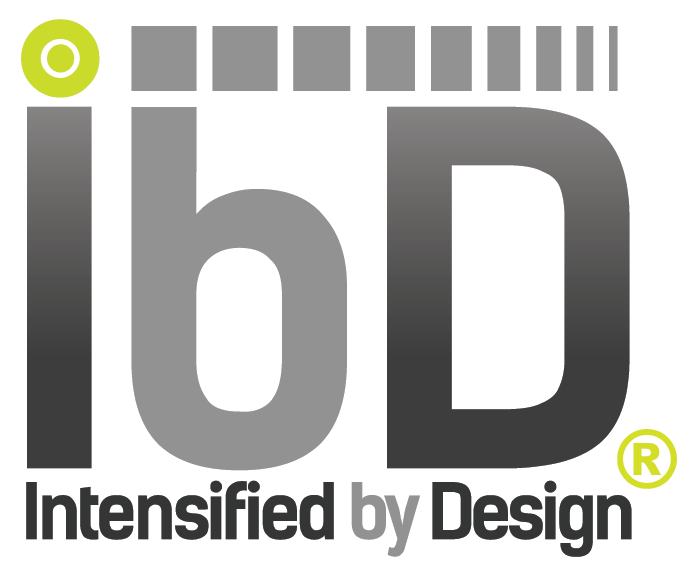IBD
IBD
Intensified by Design for the intensification of processes involving solids handling
IbD® will create a holistic platform for facilitating process intensification in processes in which solids are an intrinsic part, the cornerstone of which will be an intensified-by-design® (IbD). The IbD approach is hinged on the use of robust data about a process to ‘redesign’, modify, adapt and alter that process in a continuous, intensified system, and will be the new paradigm in the intensification of processes based on statistical, analytical and risk management methodologies in the design, development and processing of high quality safe and tailored chemicals, pharmaceuticals, minerals, ceramics, etc. under intensified processes. The IbD Project will deliver the EU process industry with an affordable and comprehensive devices-and-processes design-platform endeavoured to facilitate process intensification (PI), which specially targets -but is not limited to- solid materials processing.
Five PI industry case studies will be implemented in mining, ceramics, pharmaceutical, non-ferrous metals and chemical processes using the IbD approach and to validate the IbD methodologies, tools, PI modules, control and fouling remediation strategies and the ICT Platform itself for the industrial implementation of PI in processes involving solids. The Platform includes design modules for the commonest intensified reactors-Rotating fluidized beds, micro-structured reactor and spinning disk, among others, as well as a generic Module Builder -equipped with a set of both proprietary and third-parties design tools- for designs carried out on the basis of radically novel ideas. The IbD Platform output is basically a data set that comprises the intensified reactor design -ready to be built or assembled-, an optimised whole process design including the upstream/downstream intensified unit operations and their solids handling capability, as well as cleaning methods, etc. and the expected economic and environmental quantitative impacts.
Project Budget: 9’451’056 €
LEITAT Budget: 337’000 €
Financial Framework: Horizon 2020
Contract number: 680565
Start Date: 01/09/2015
End Date: 31/08/2018
Partners:
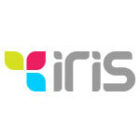
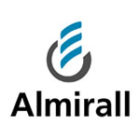
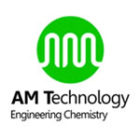
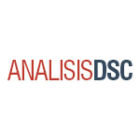

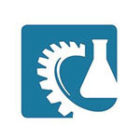
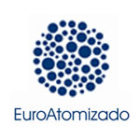
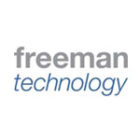
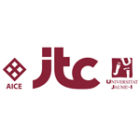

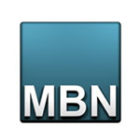
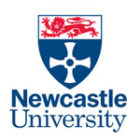

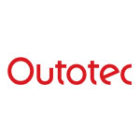
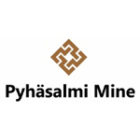
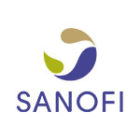
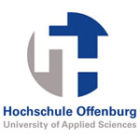
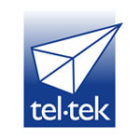
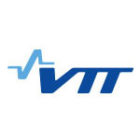
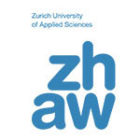
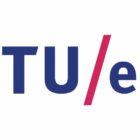
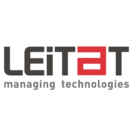
Contact Manager: J. Casellas
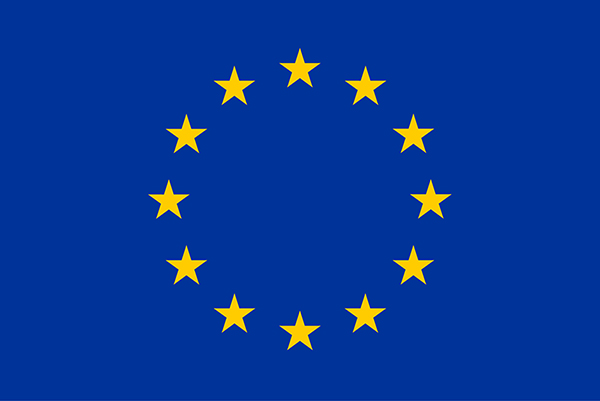
This project has received funding from the European Union’s Horizon 2020 research and innovation programme under grant agreement No 680565. This publication reflects only the author’s views and the European Union is not liable for any use that may be made of the information contained therein.

